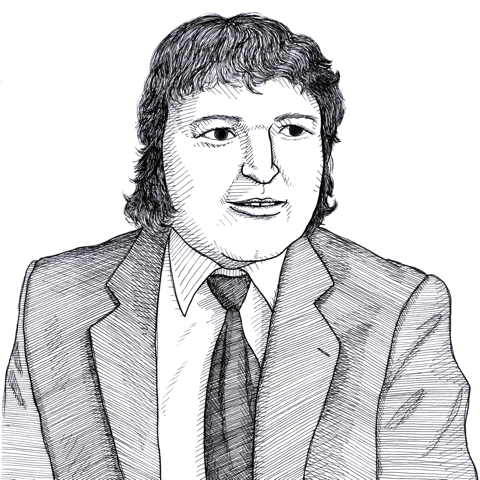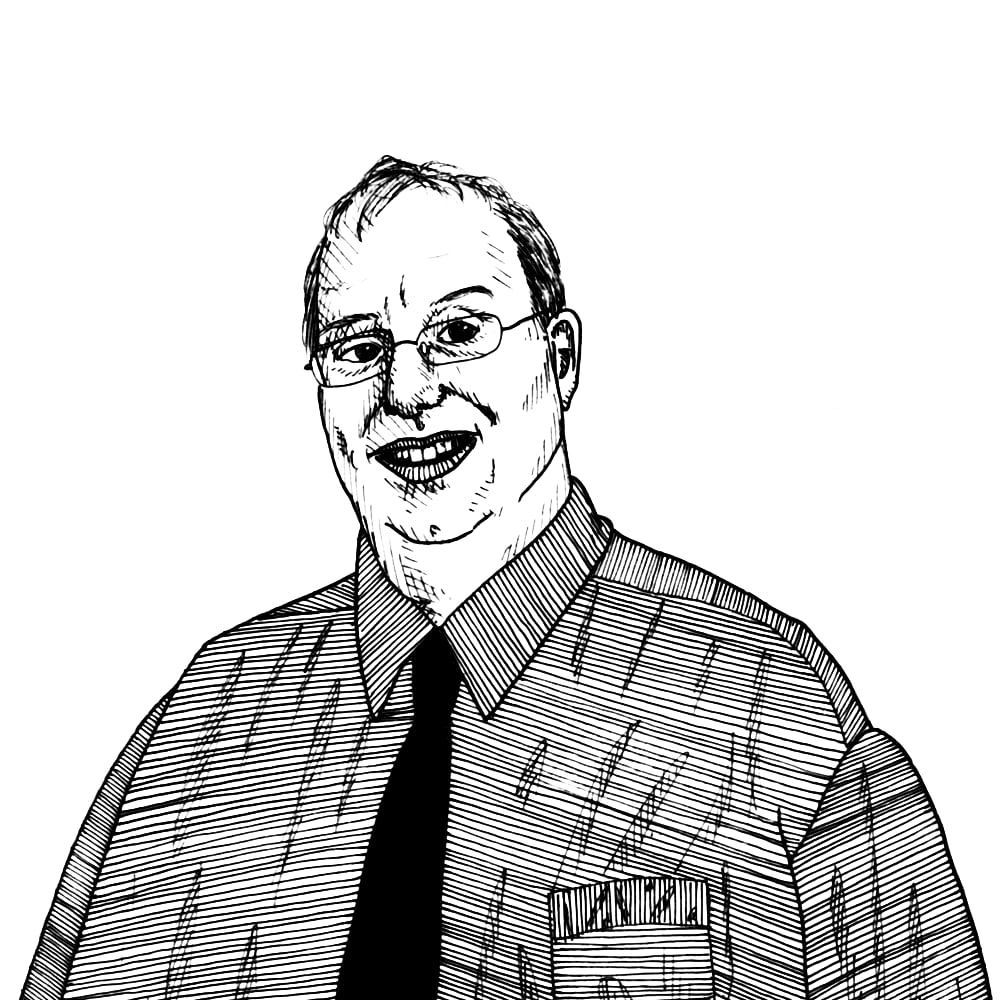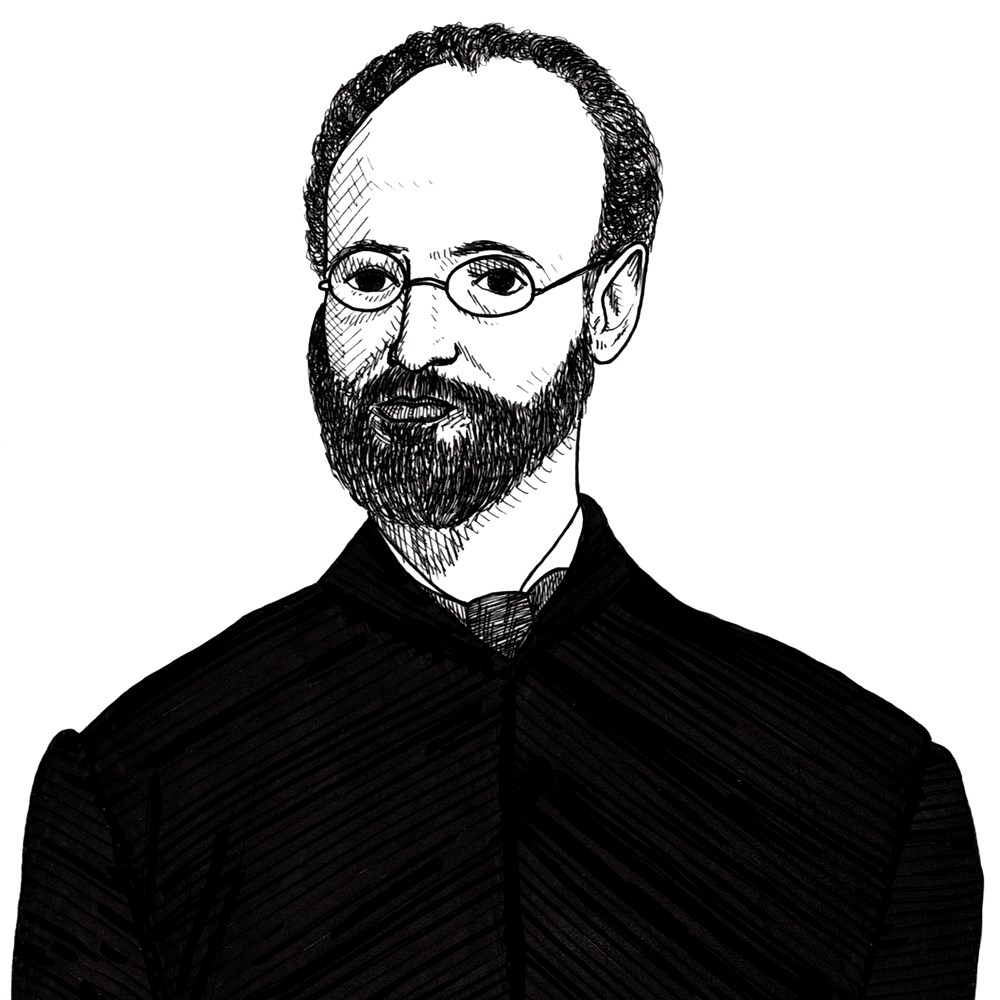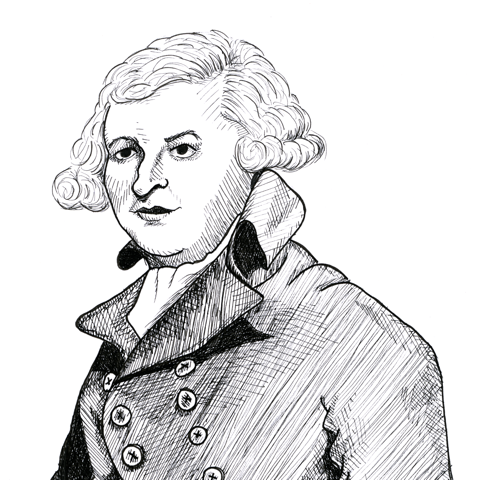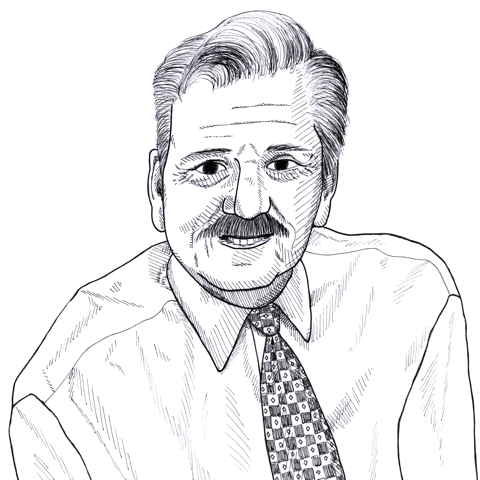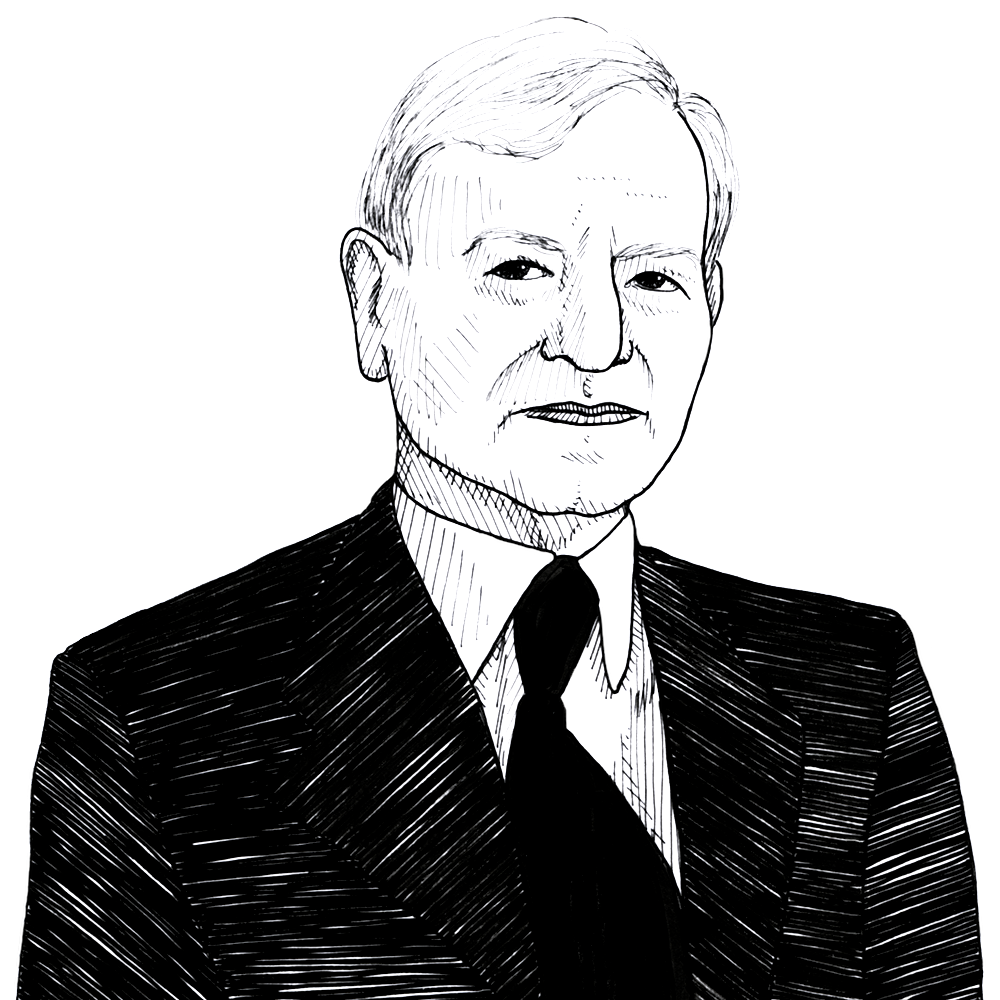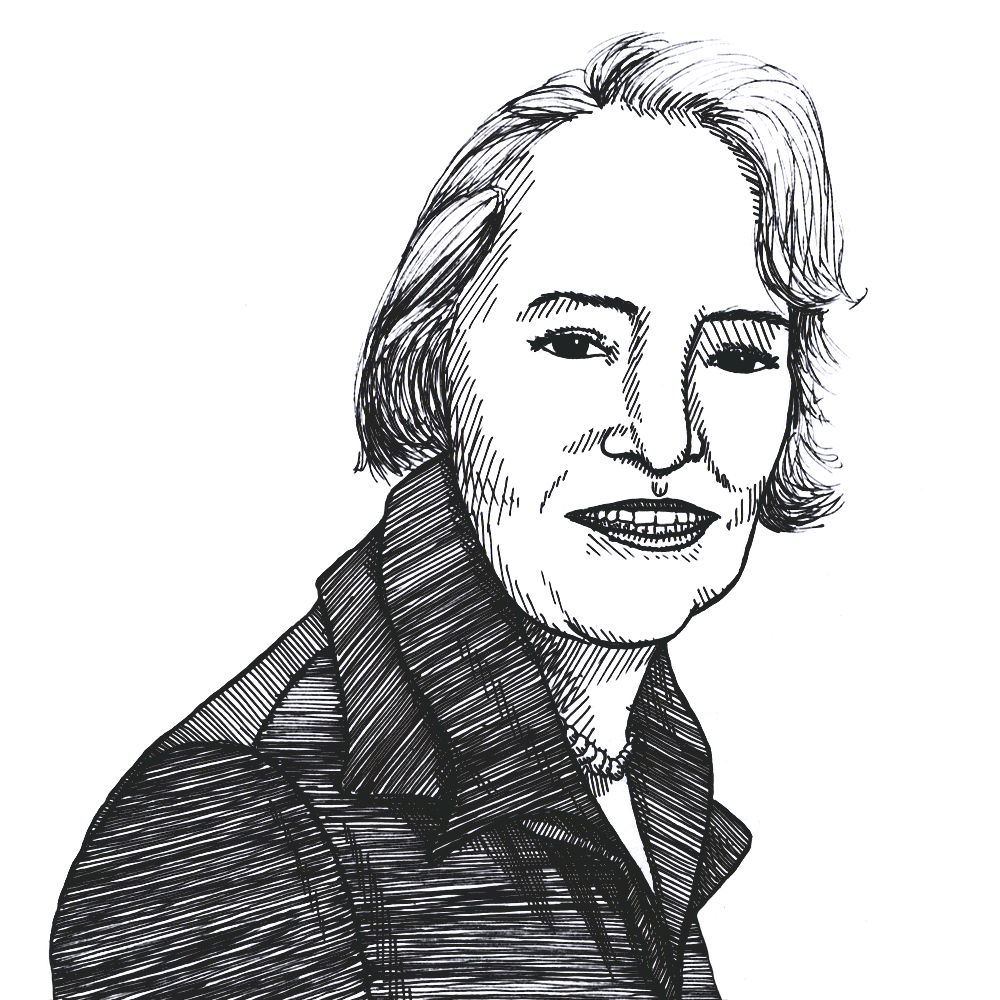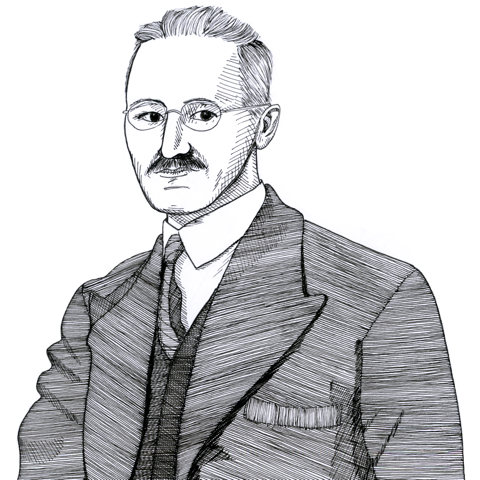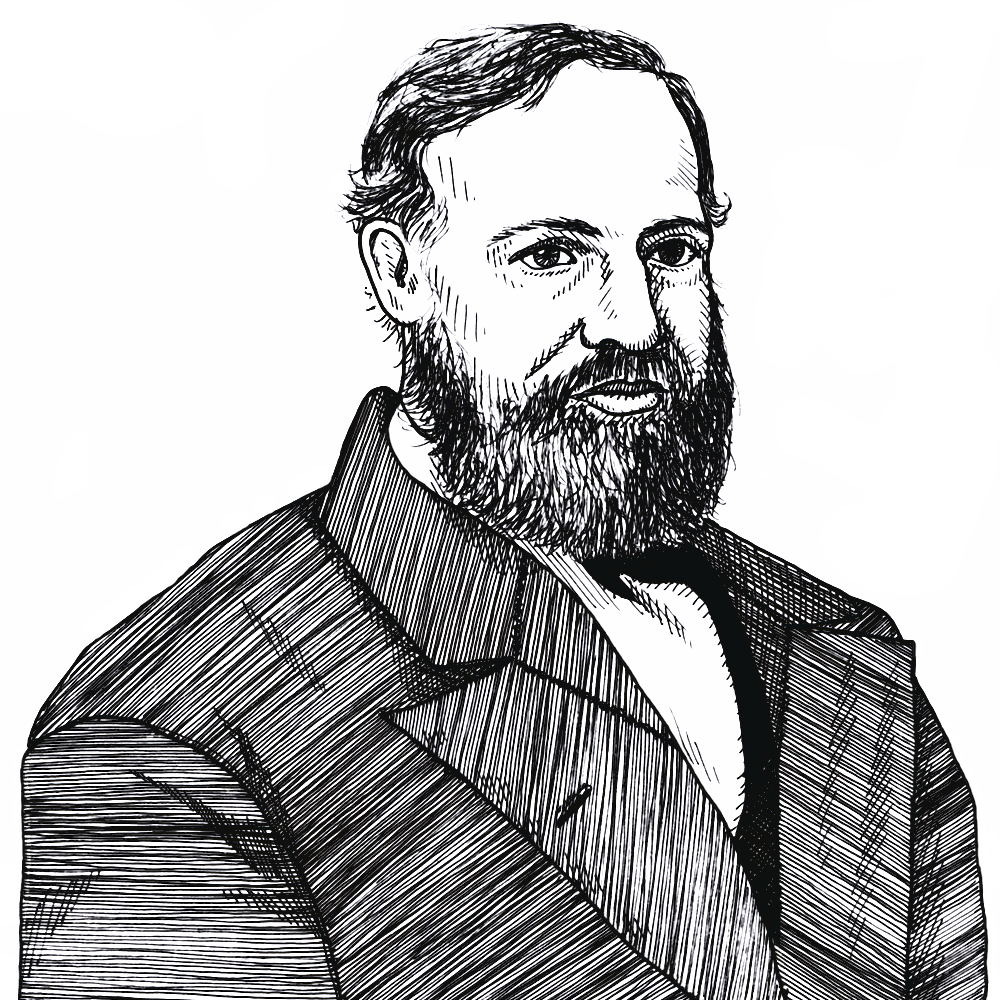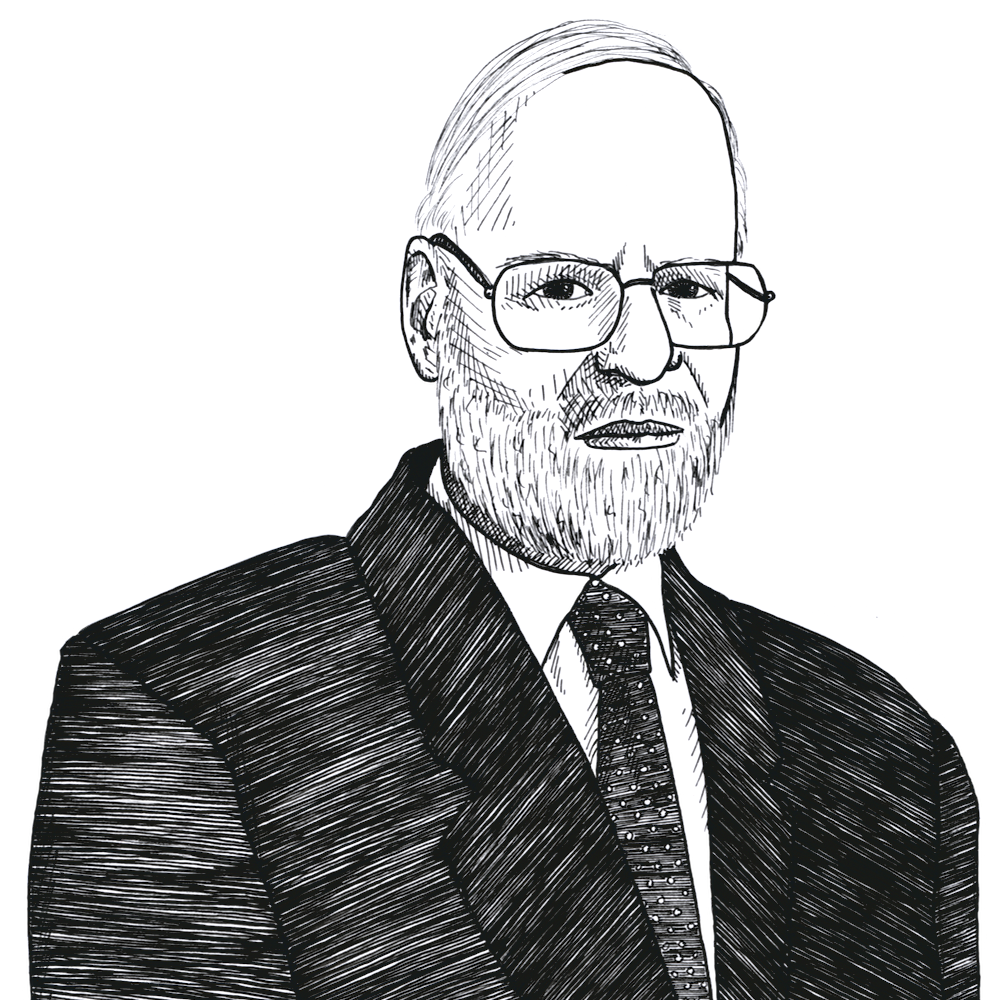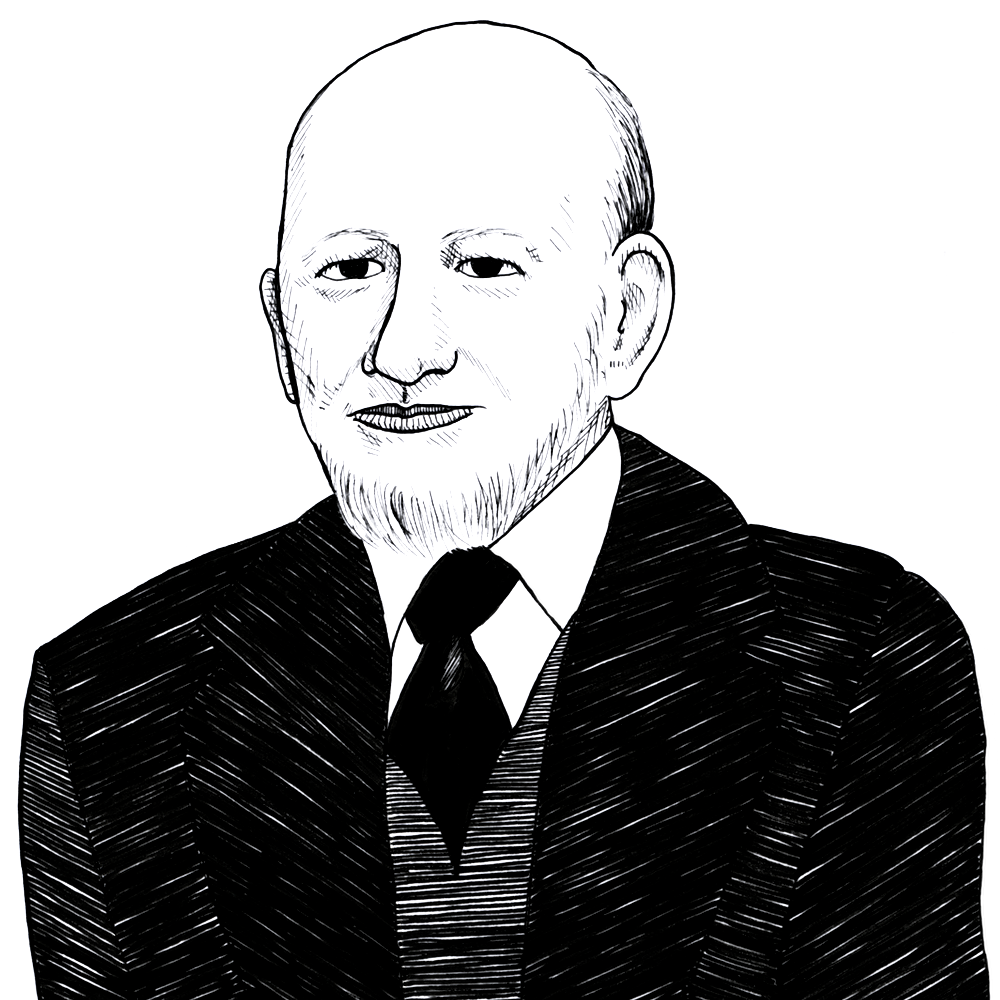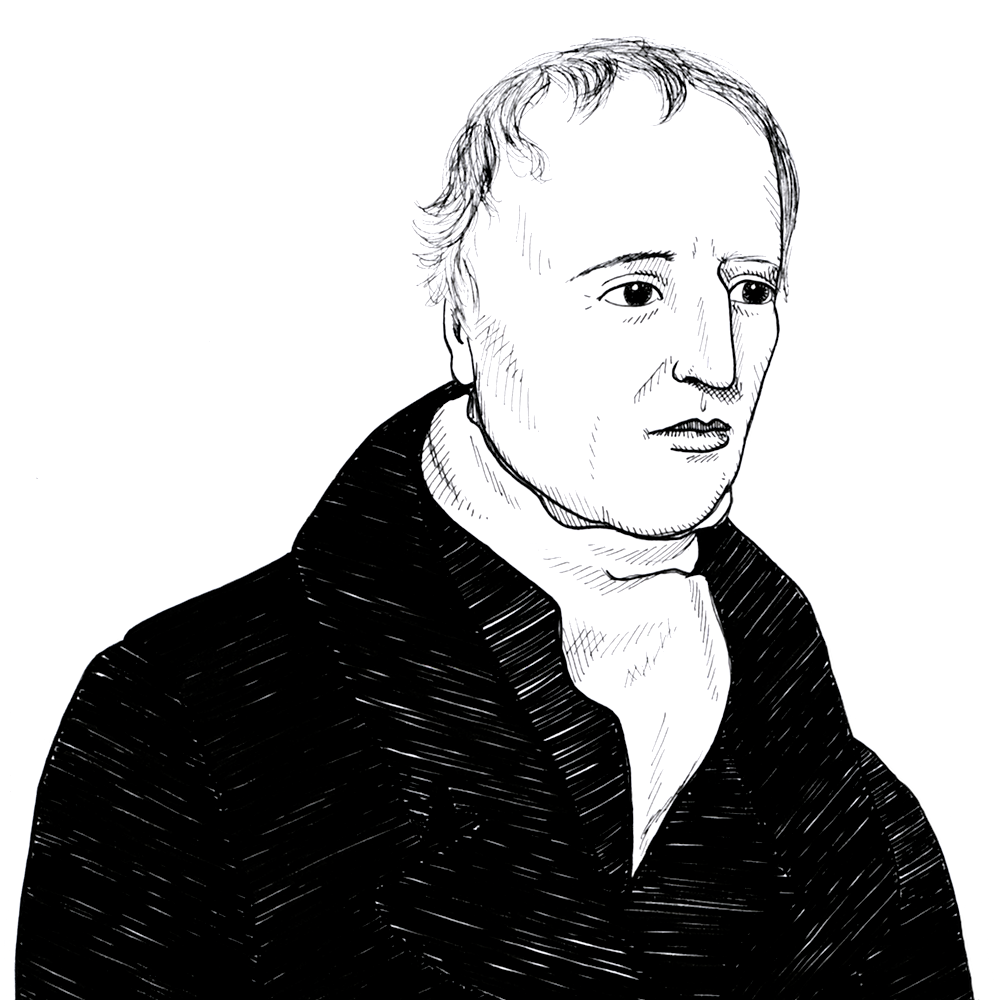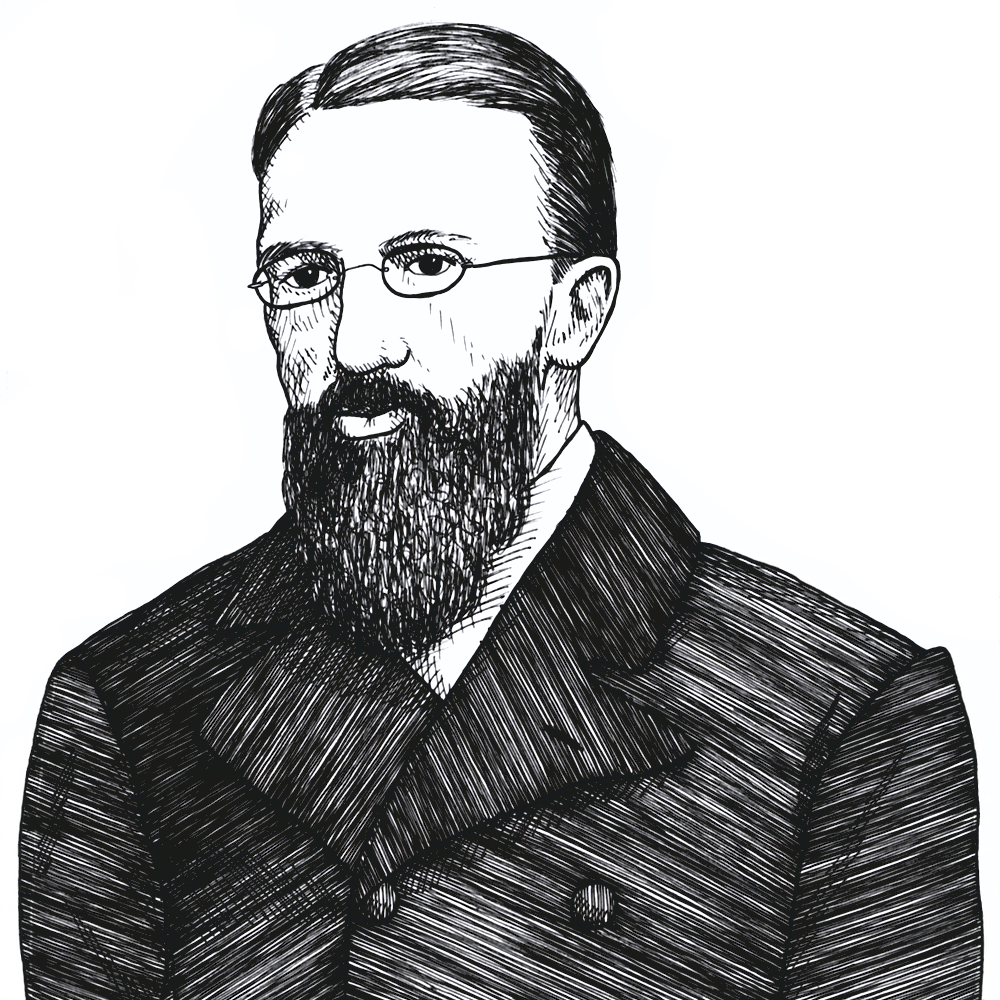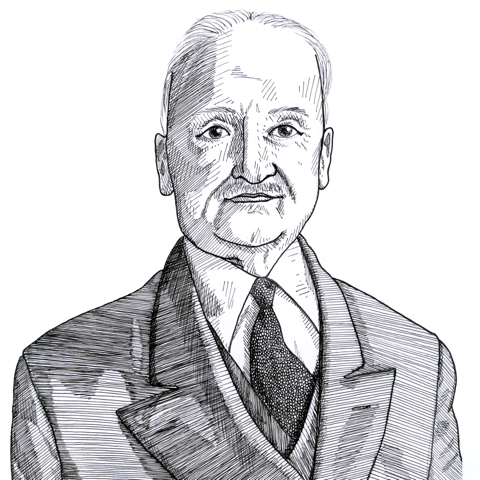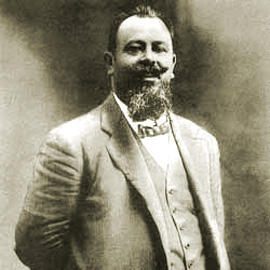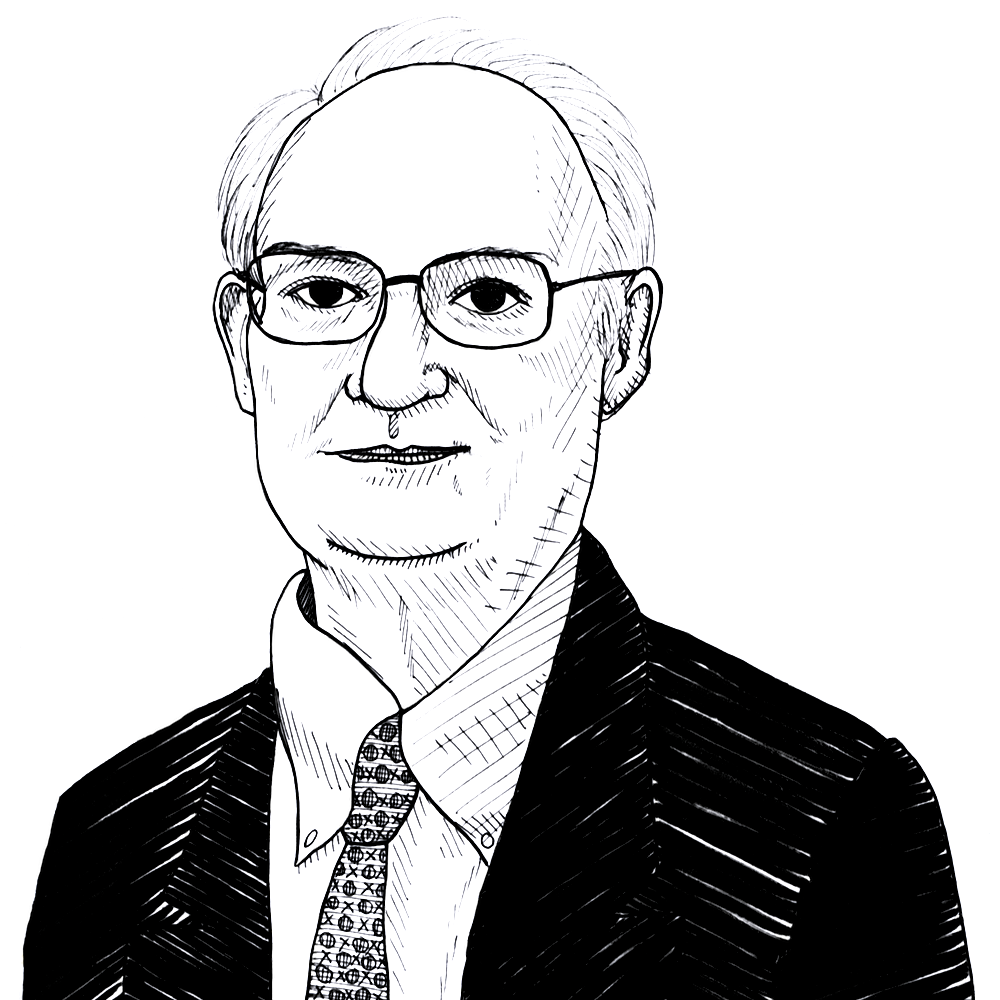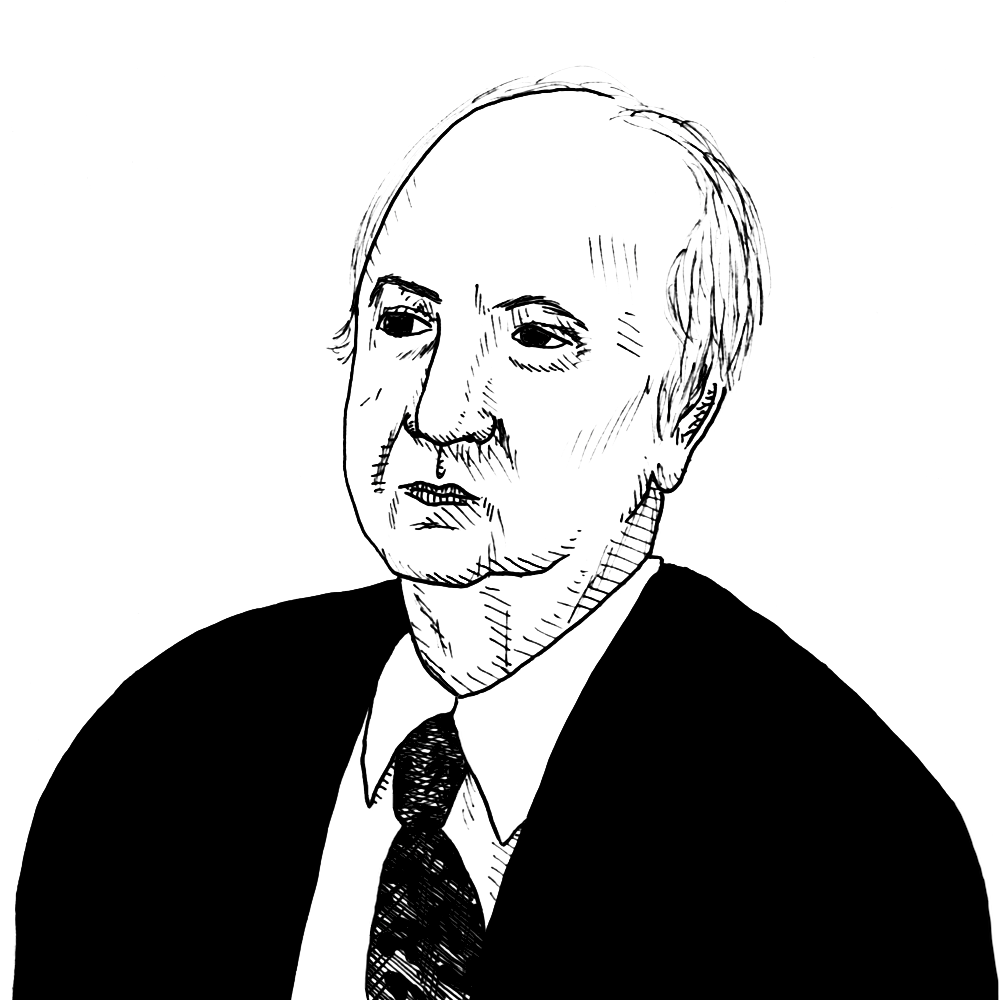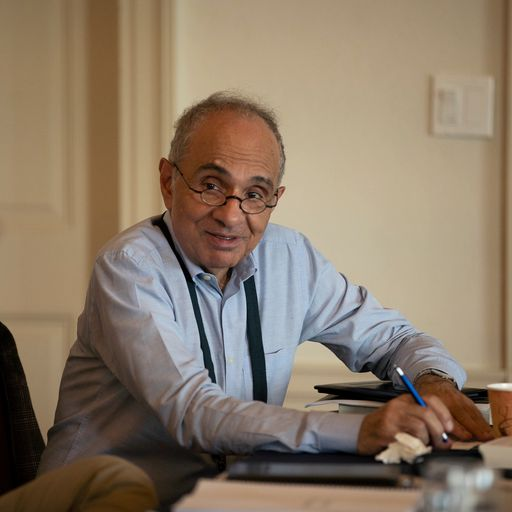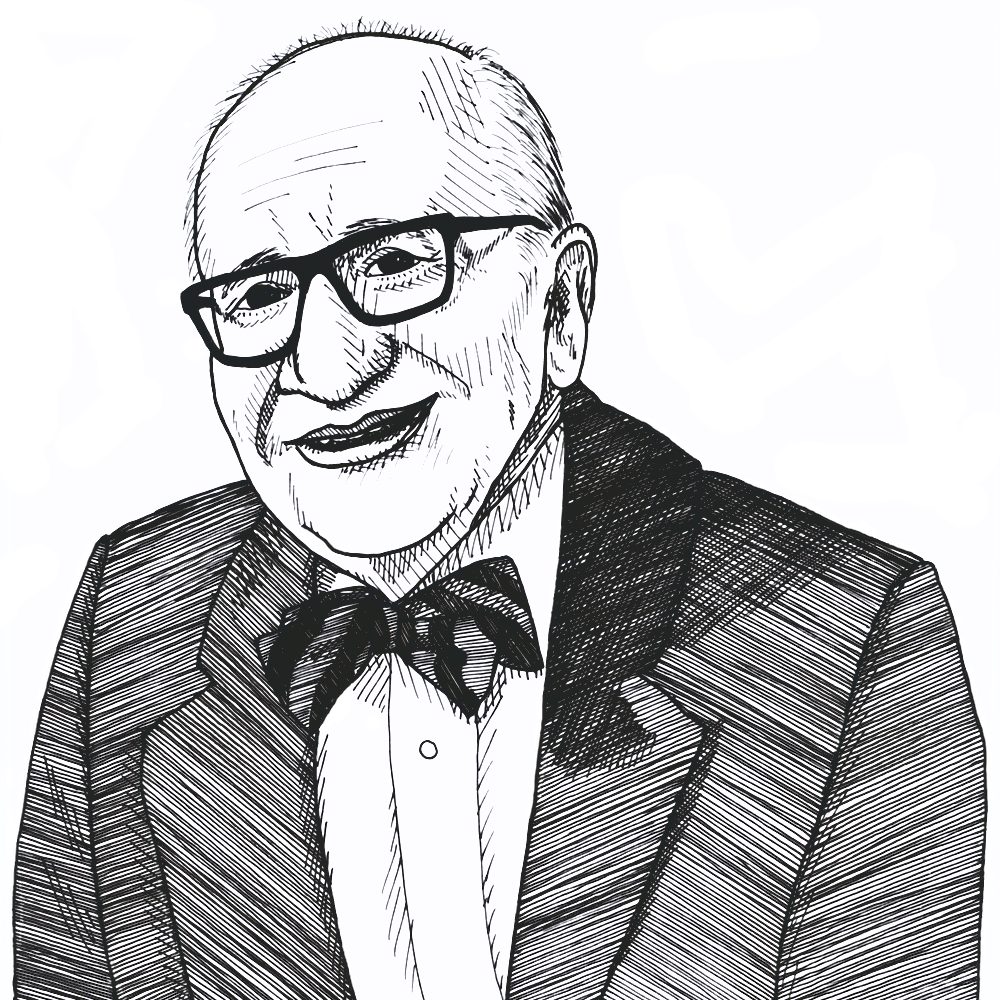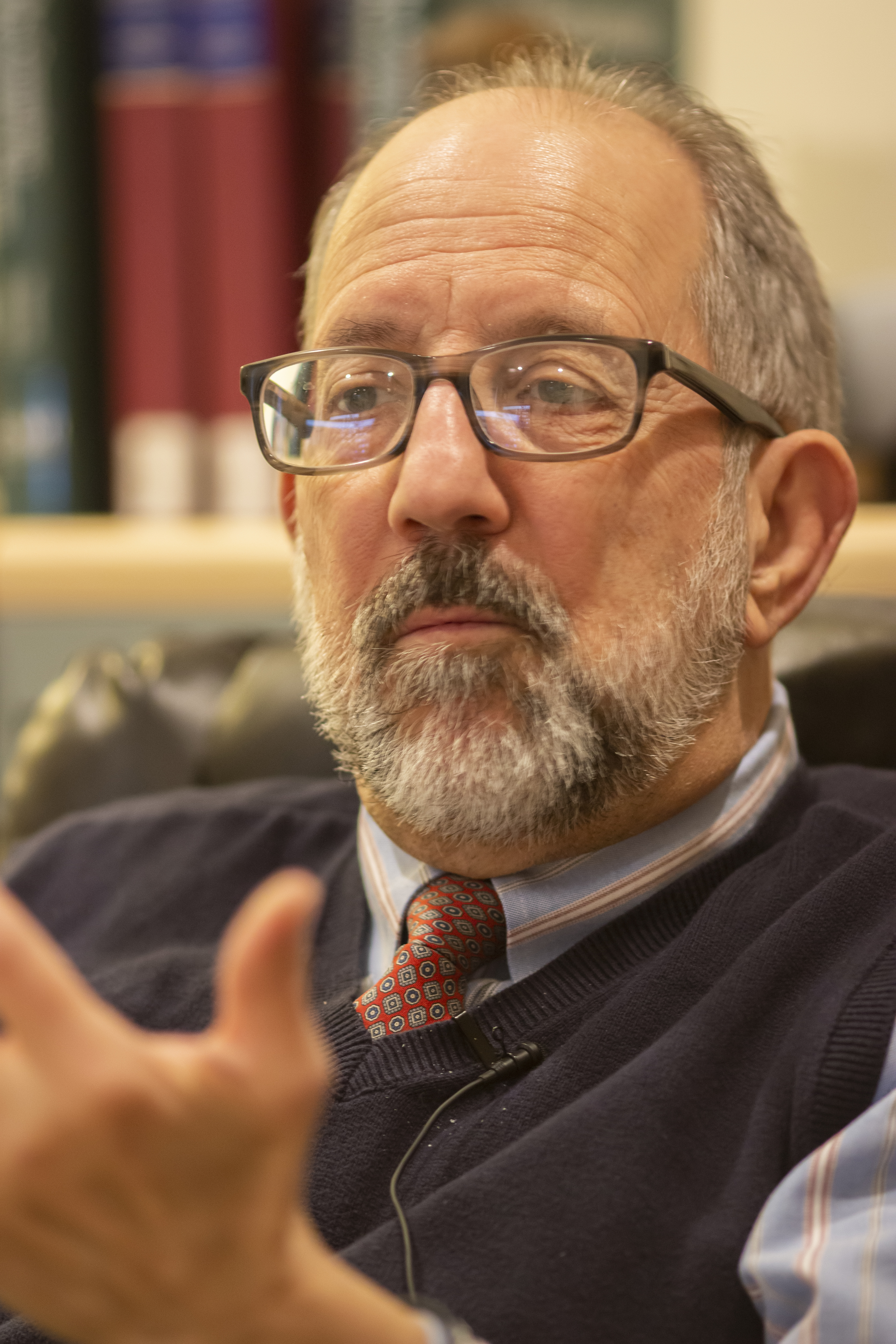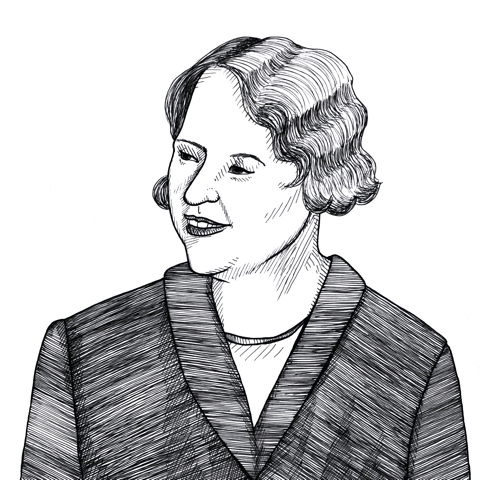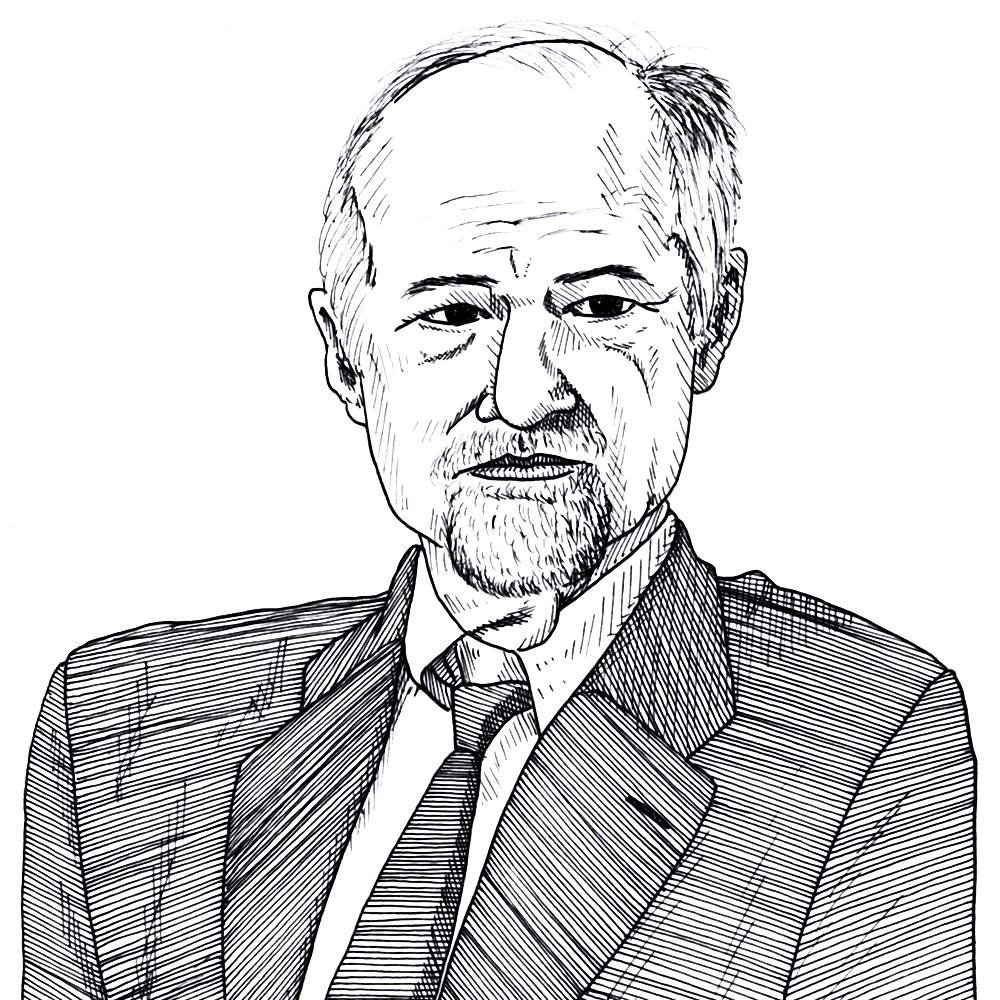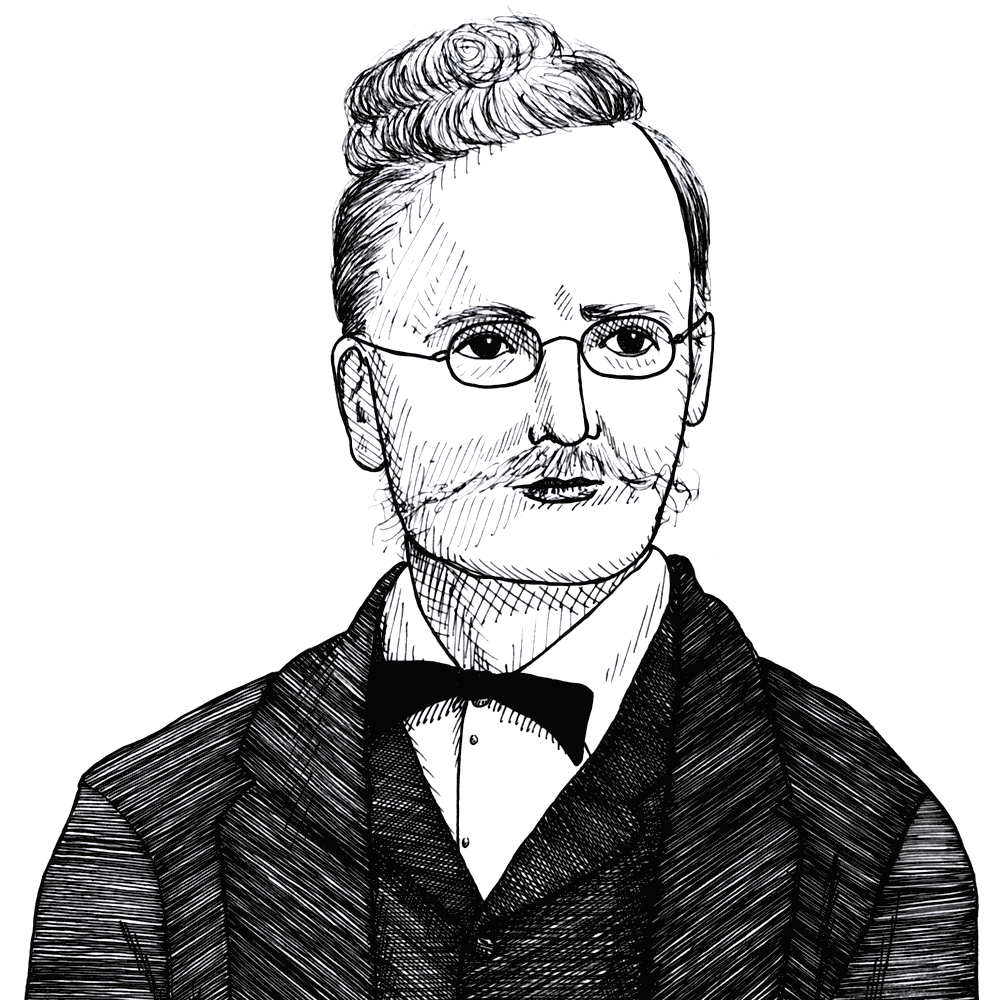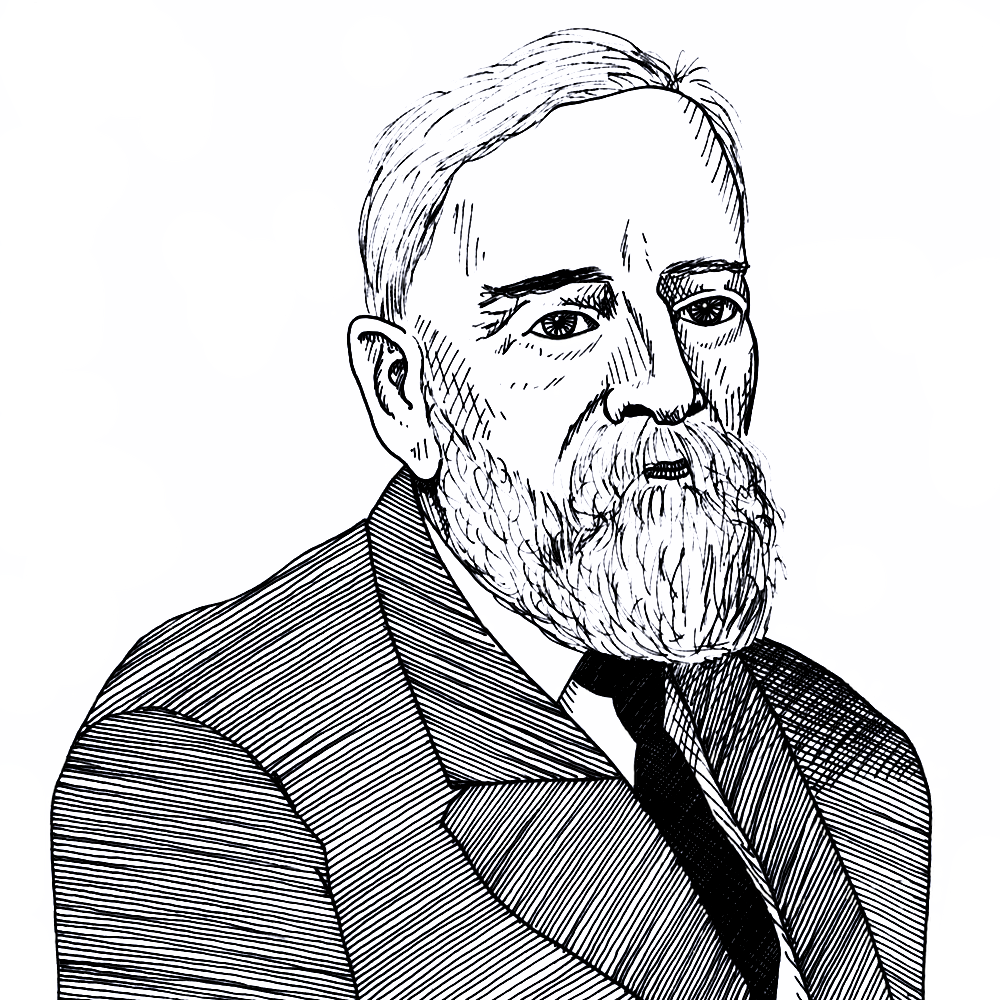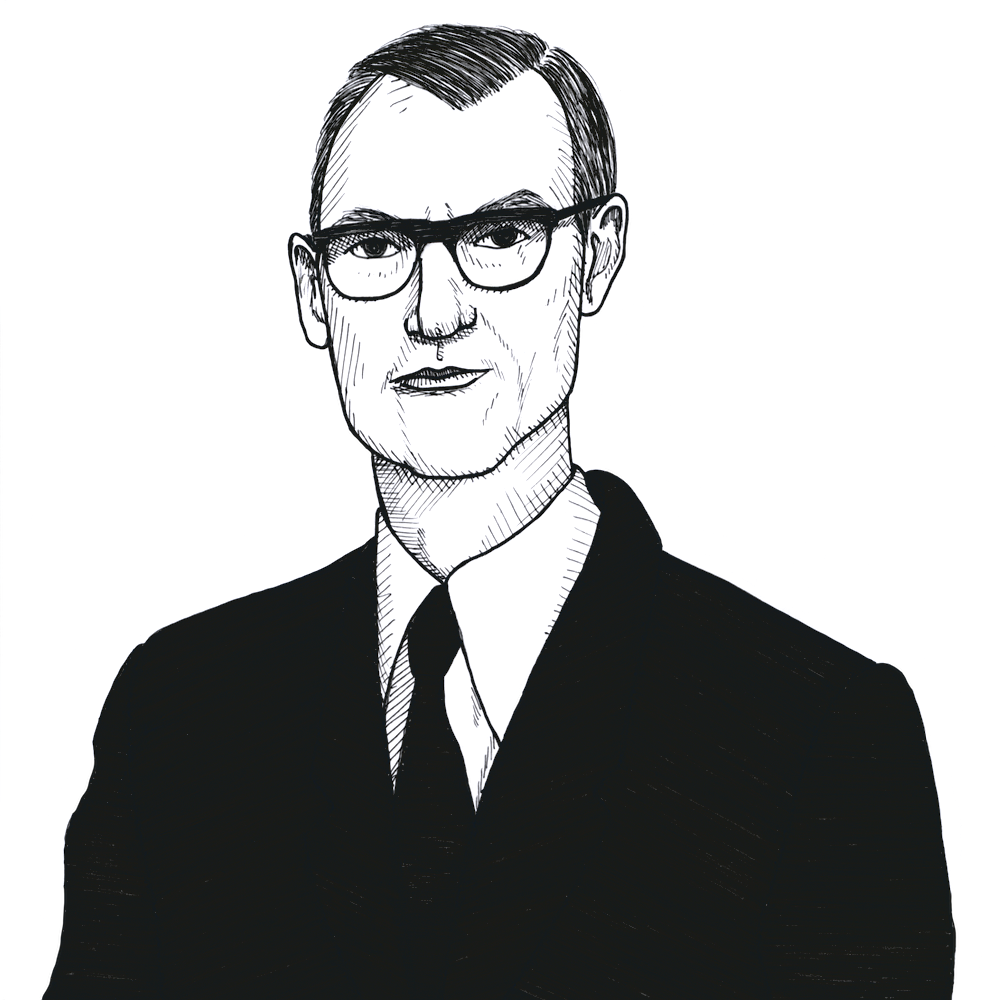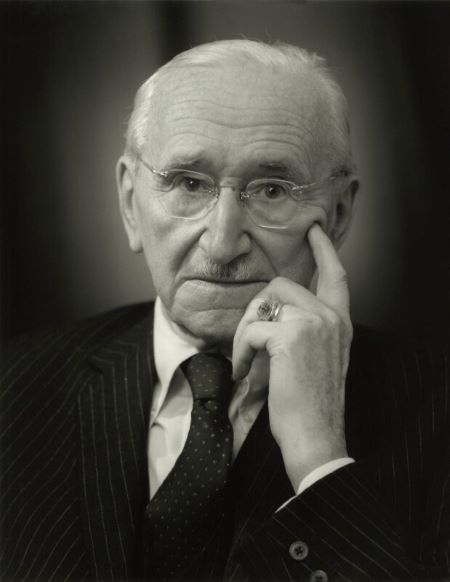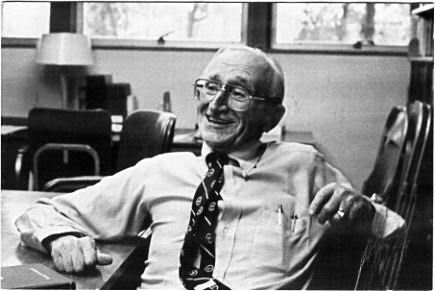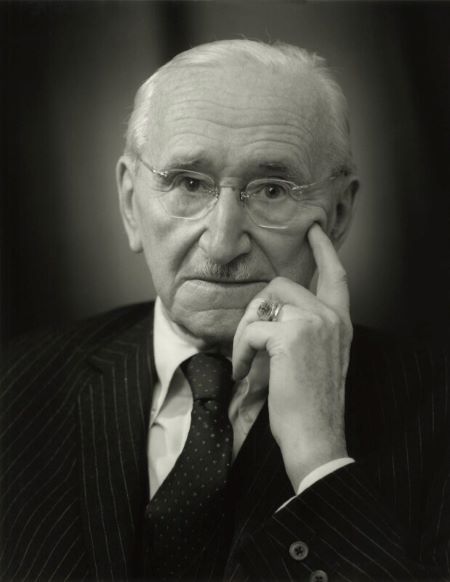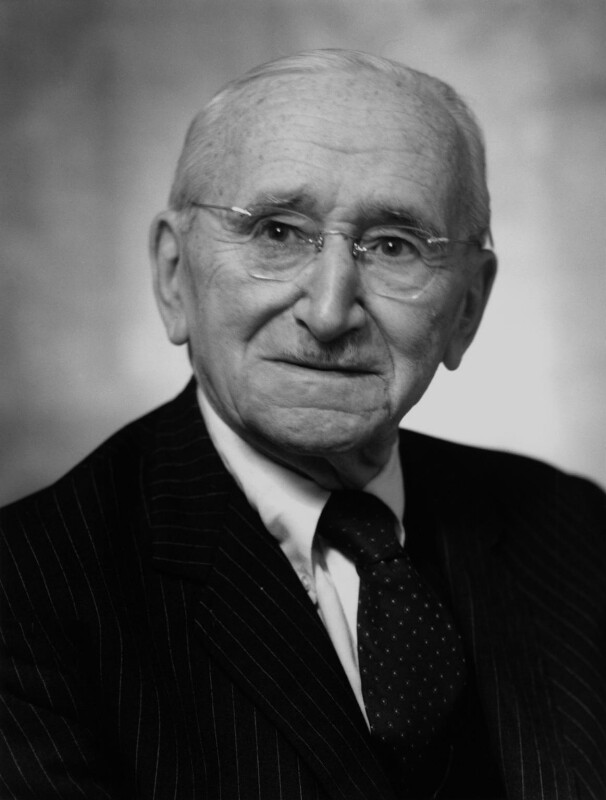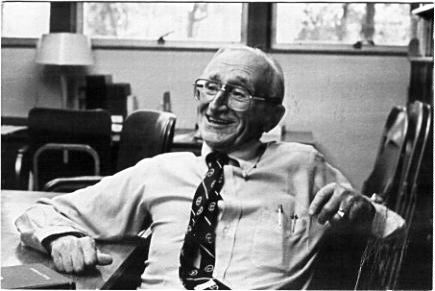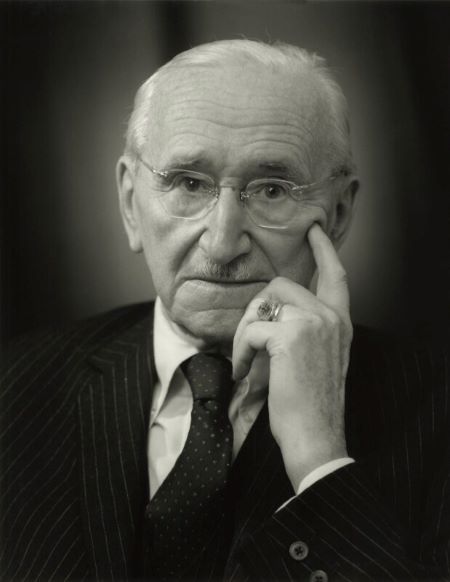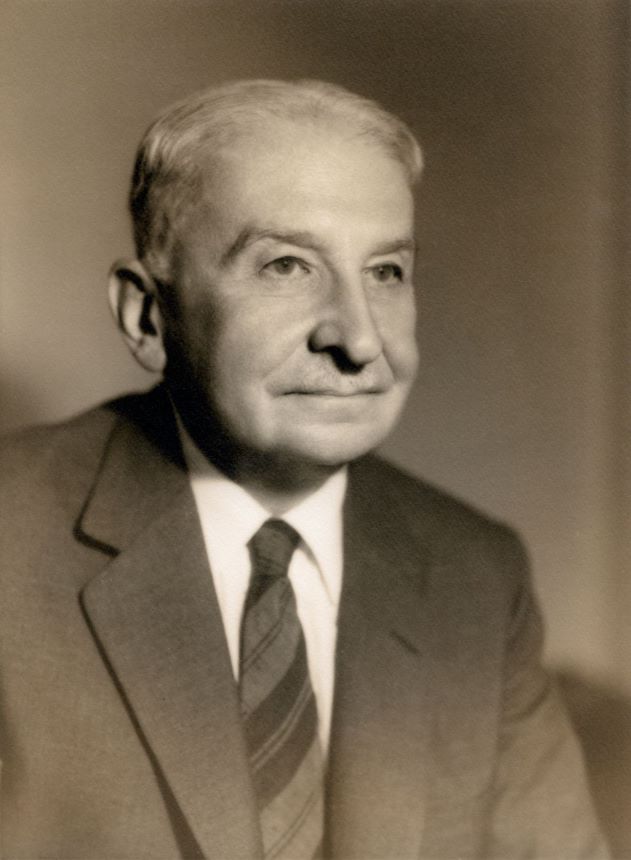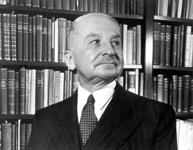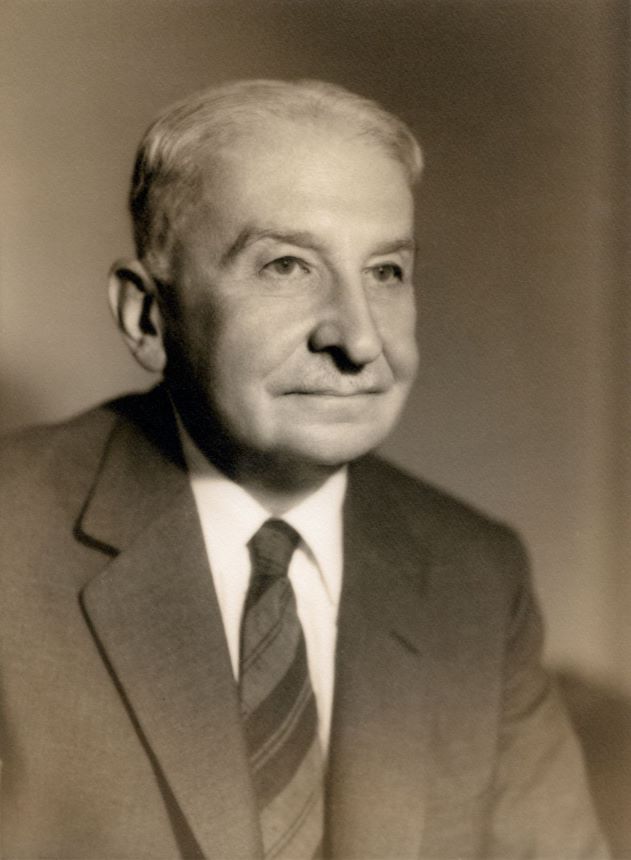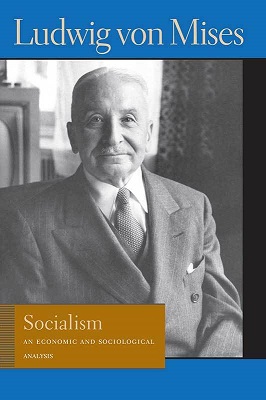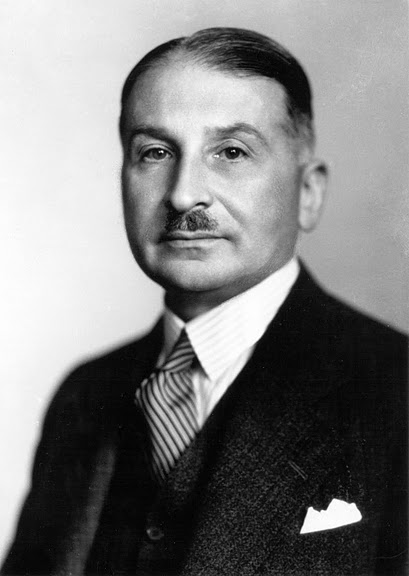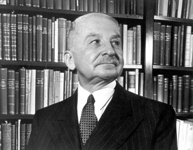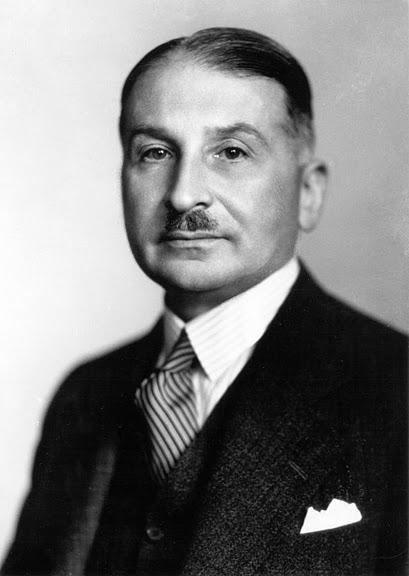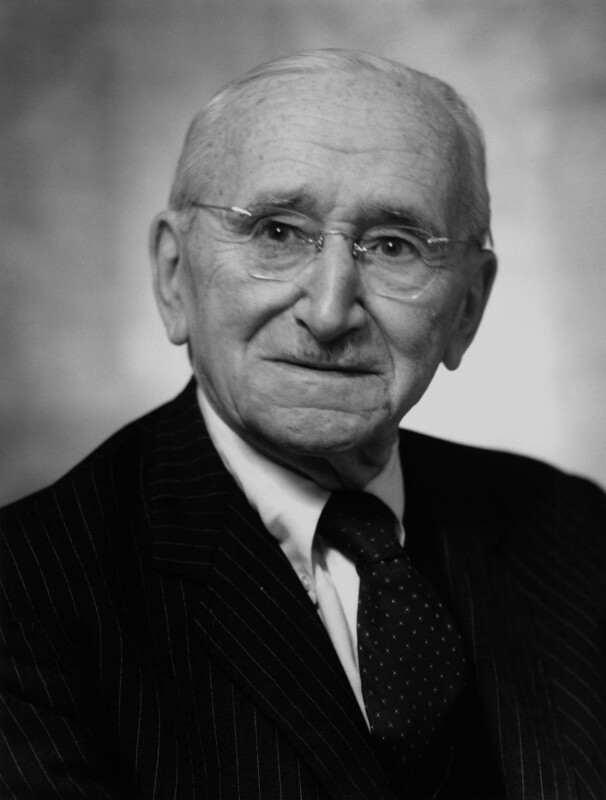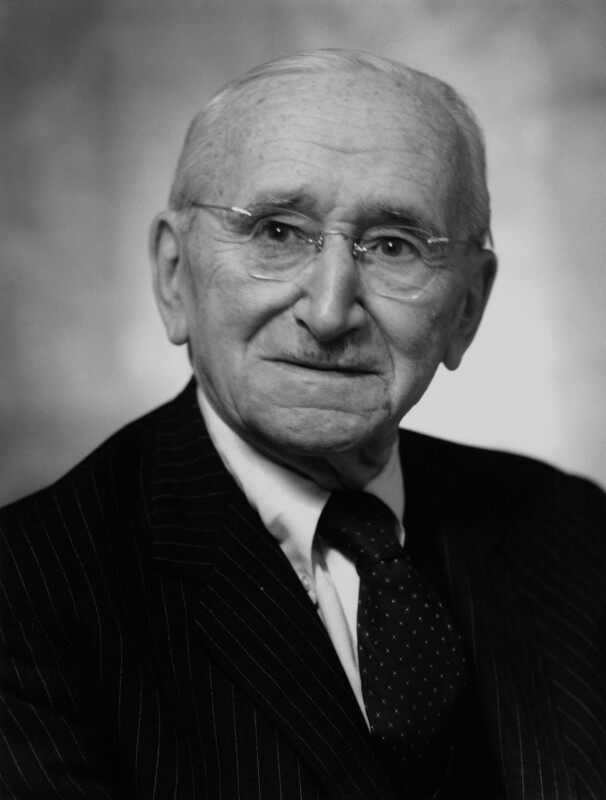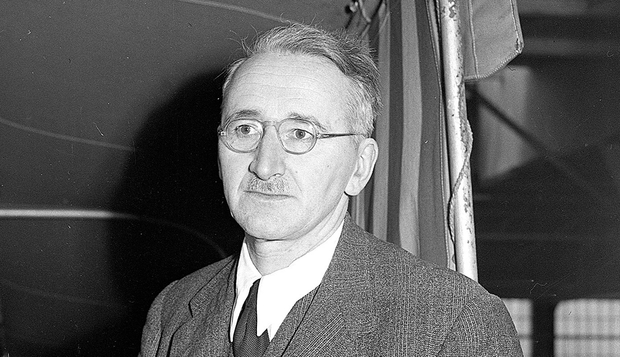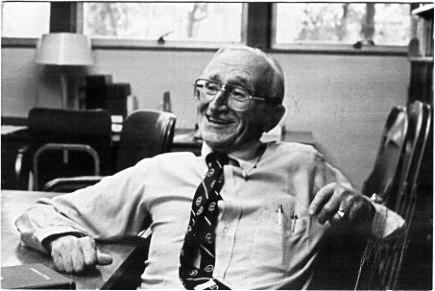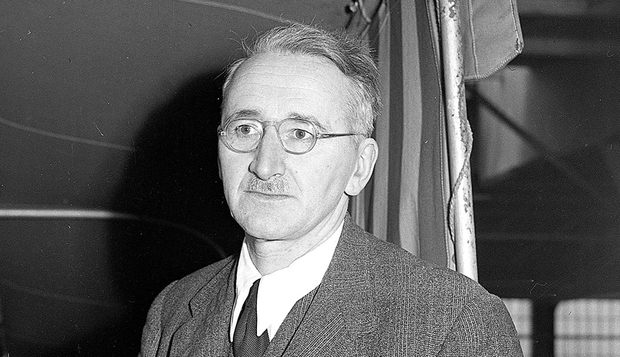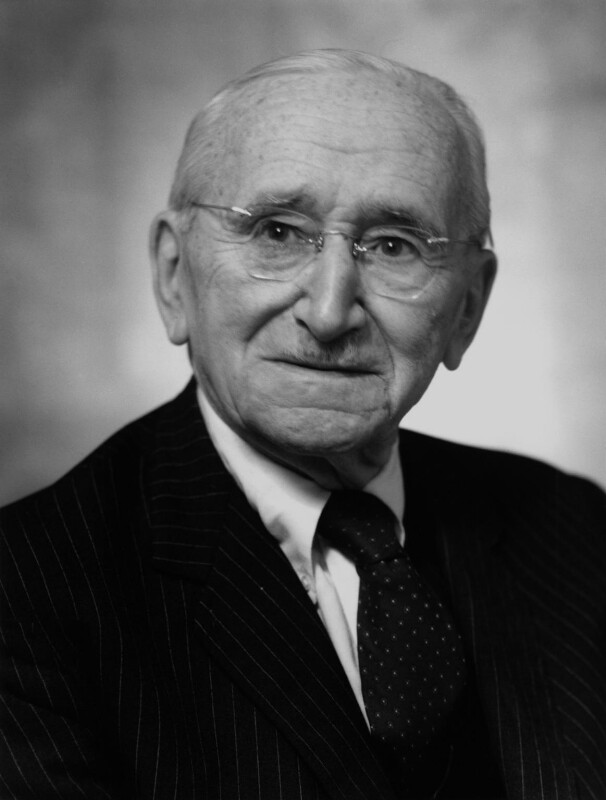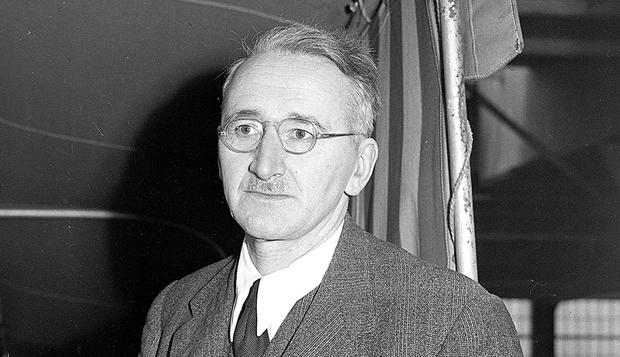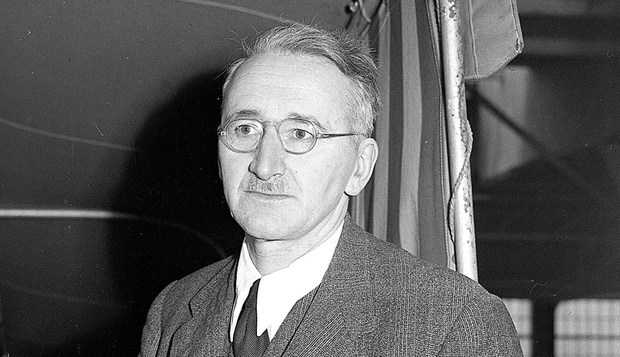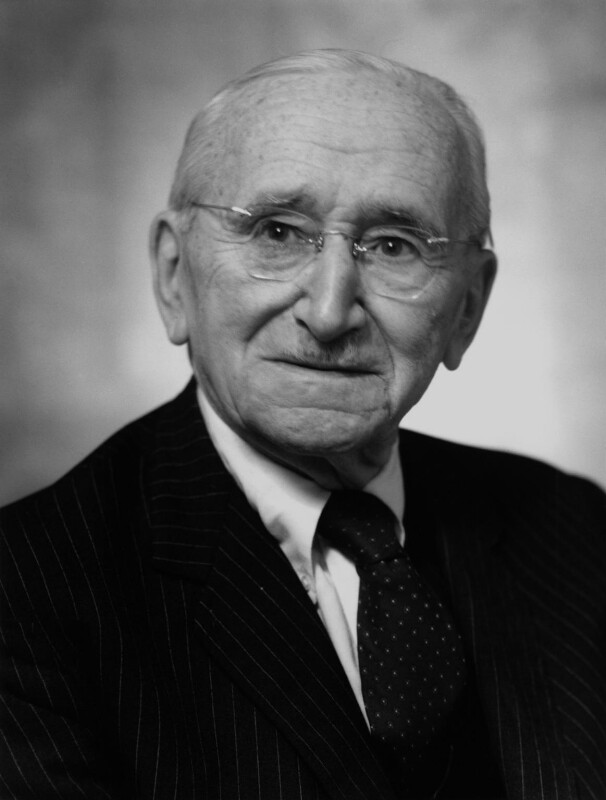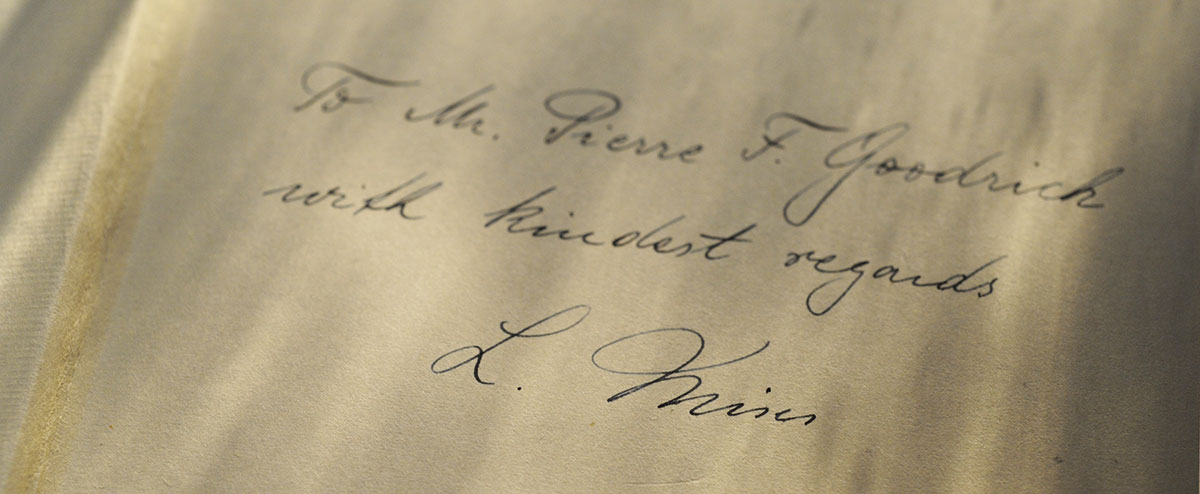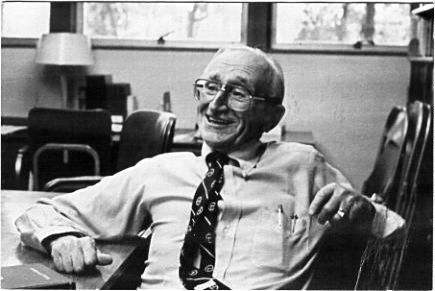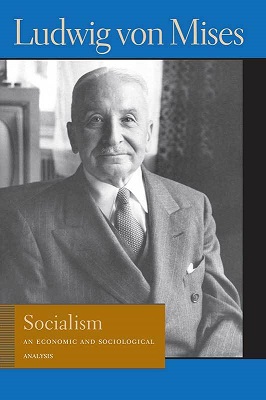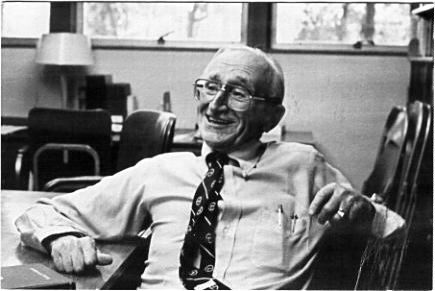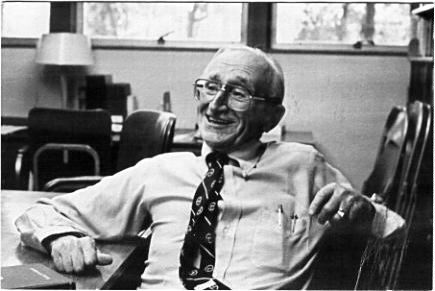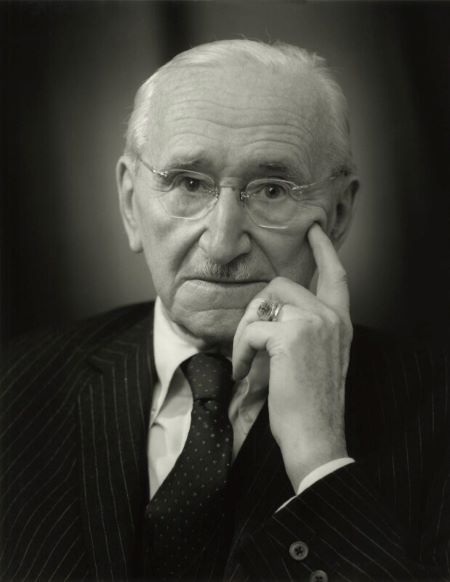Austrian School of Economics
About this Collection
The Austrian School of Economics emerged after the publication in 1871 of a trilogy of works (by Jevons, Walras, and Menger) which introduced the idea of the subjective theory of value and began what has been called “the marginal revolution” in economic thought. Leading theorists in the 20th century were Ludwig von Mises, Friedrich Hayek, Murray Rothbard, and Israel Kirzner.
Key People
Titles & Essays
LIBERTY MATTERS
LIBERTY MATTERS
LIBERTY MATTERS
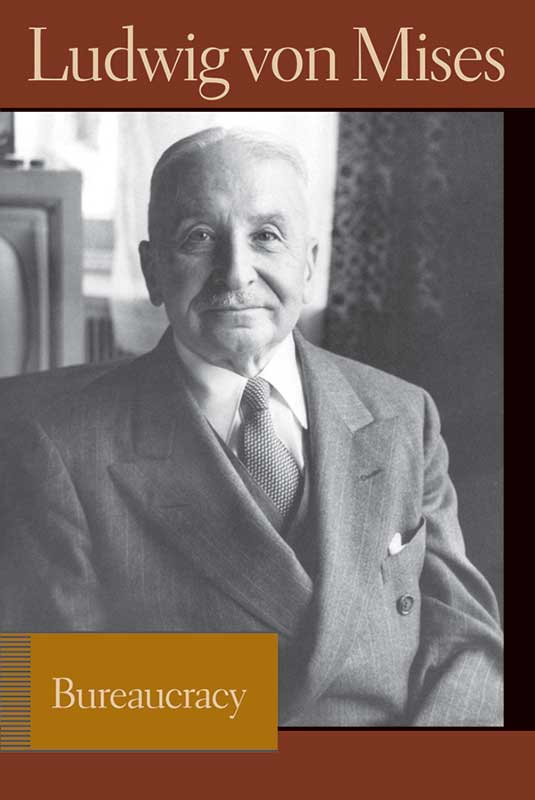
LIBERTY MATTERS
LIBERTY MATTERS
LIBERTY MATTERS
LIBERTY MATTERS
LIBERTY MATTERS
LIBERTY MATTERS
LIBERTY MATTERS
LIBERTY MATTERS
LIBERTY MATTERS
LIBERTY MATTERS
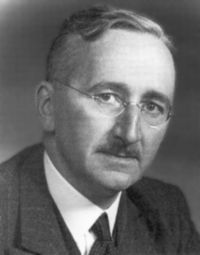
LIBERTY MATTERS
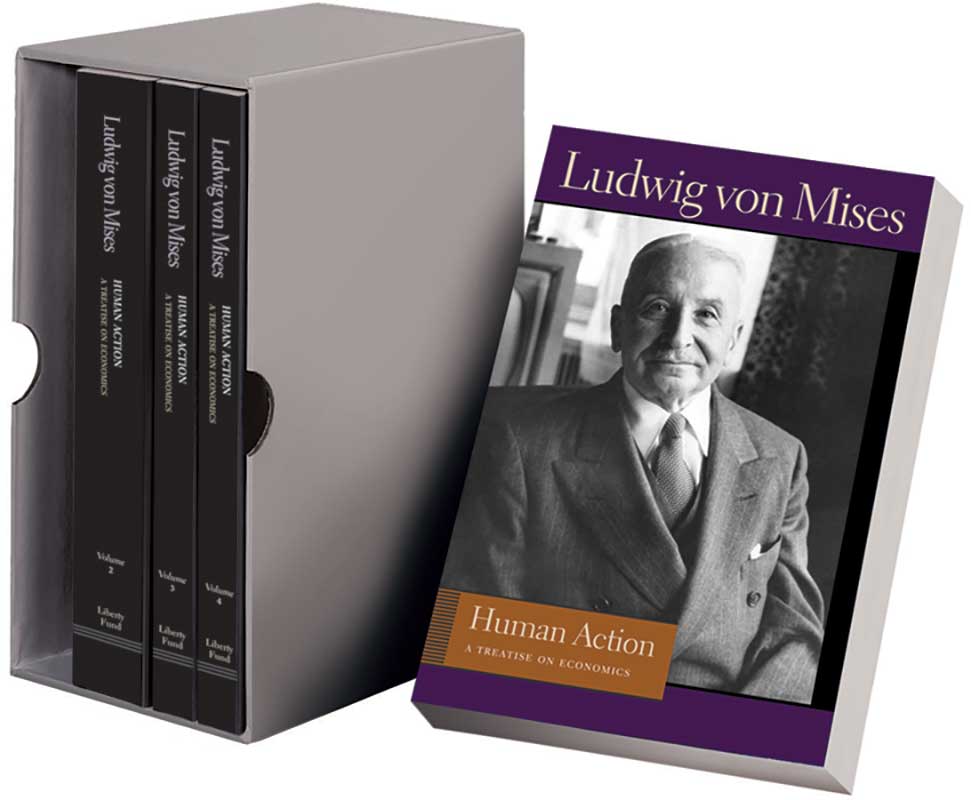
LIBERTY MATTERS
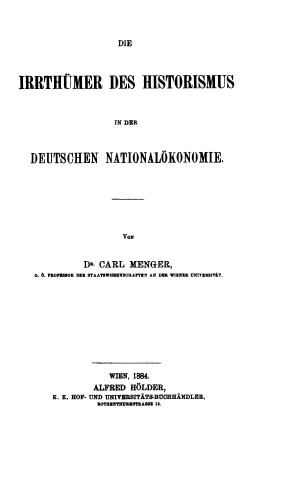
LIBERTY MATTERS
LIBERTY MATTERS
LIBERTY MATTERS
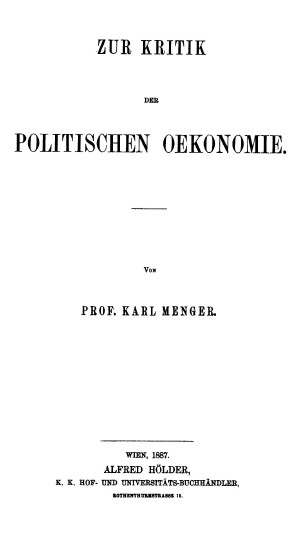
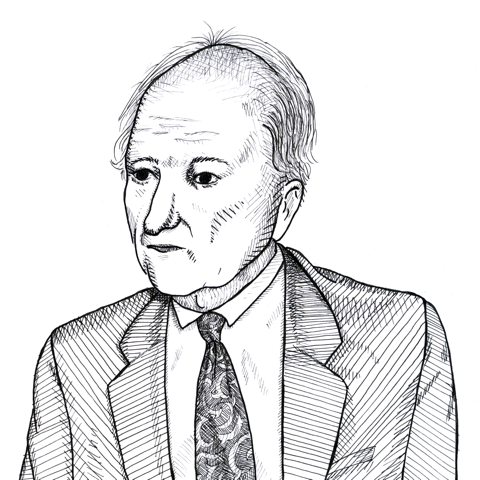
LIBERTY MATTERS
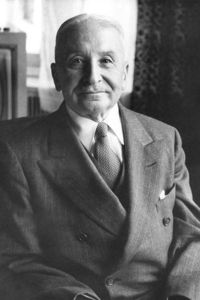
LIBERTY MATTERS
LIBERTY MATTERS
LIBERTY MATTERS
LIBERTY MATTERS
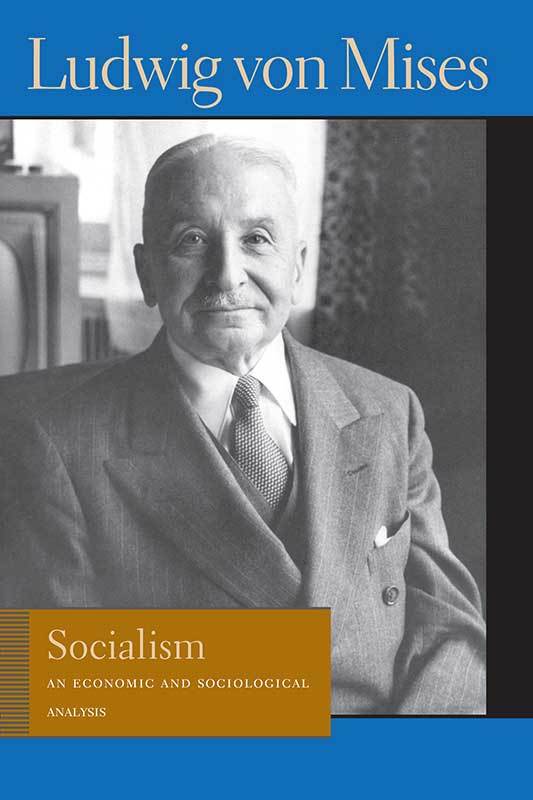
Virgil Henry Storr (contributor)
In 1922 Ludwig von Mises published his third book,Die Gemeinwirtschaft:Untersuchungen über den Sozialismus, translated into English in 1936 under the titleSocialism. The LibertyClassics edition was published in 1981....
LIBERTY MATTERS
LIBERTY MATTERS
LIBERTY MATTERS
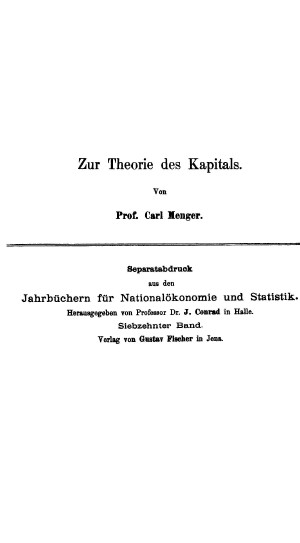
LIBERTY MATTERS
Quotes
Economics
Israel Kirzner on the Individual and the Market
Economics
Kirzner defines economics as the reconciliation of conflicting ends given the existence of inescapable scarcity (1960)
Presidents, Kings, Tyrants, & Despots
Leonard Read on Ludwig von Mises as the economic dictator of the U.S. (1971)
Economics
Ludwig Lachmann and the free market as a leveling process in the distribution of wealth (1956)
Socialism & Interventionism
Ludwig von Mises argues that monopolies are the direct result of government intervention and not the product of any inherent tendency within the capitalist system (1949)
Money & Banking
Ludwig von Mises argues that sound money is an instrument for the protection of civil liberties and a means of limiting government power (1912)
Economics
Ludwig von Mises argues that the division of labor and human cooperation are the two sides of the same coin and are not antagonistic to each other (1949)
Money & Banking
Ludwig von Mises identifies the source of the disruption of the world monetary order as the failed policies of governments and their central banks (1934)
War & Peace
Ludwig von Mises laments the passing of the Age of Limited Warfare and the coming of Mass Destruction in the Age of Statism and Conquest (1949)
Money & Banking
Ludwig von Mises lays out five fundamental truths of monetary expansion (1949)
Socialism & Interventionism
Ludwig von Mises on the impossibility of rational economic planning under Socialism (1922)
Money & Banking
Ludwig von Mises shows the inevitability of economic slumps after a period of credit expansion (1951)
Socialism & Interventionism
Mises and the Emergence of Etatism in Germany (1944)
Socialism & Interventionism
Mises on “interventionism” as a third way between the free market and socialism (1930)
Money & Banking
Mises on classical liberalism and the gold standard (1928)
War & Peace
Mises on cosmopolitan cooperation and peace (1927)
Socialism & Interventionism
Mises on how price controls lead to socialism (1944)
Free Trade
Mises on how the “boon” of a tariff privilege is soon dissipated (1949)
Sport and Liberty
Mises on human action, football, and predicting the future (1966)
Liberty
Mises on liberalism and the battle of ideas (1927)
Economics
Mises on the consumer as the “captain” of the economic ship (1944)
Money & Banking
Mises on the gold standard as the symbol of international peace and prosperity (1949)
Economics
Mises on the interconnection between economic and political freedom (1949)
Taxation
Mises on the public sector as “tax eaters” who “feast” on the assets of the ordinary tax payer (1953)
Money & Banking
Mises on the State Theory of Money (1912)
The State
Mises on the worship of the state or statolatry (1944)
Colonies, Slavery & Abolition
Mises on wealth creation and stopping the spirit of predatory militarism (1949)
Socialism & Interventionism
Mises states that it is the division of labor which makes man truly “social” or “communal” (1922)
Money & Banking
The 11th Day of Christmas: Mises on the gold standard and peace on earth (1934)
Notes About This Collection
For more information see:
- Steven Horwitz, The Five Best Introductory Books in Austrian Economics at Econlib
- Steven Horwitz, The Five (okay, ten) Best Books in Austrian Economics at Econlib
- Bibliographies: Norman Barry, “The Tradition of Spontaneous Order”, in Literature of Liberty, vol. V, no. 2, Summer 1982.
- Bibliographies: John Gray, “F.A. Hayek and the Rebirth of Classical Liberalism”, in Literature of Liberty, vol. V, no. 4, Winter 1982
- Peter Boettke, “Austrian Economics”, in the Concise Encyclopedia of Economics at Econlib.
- Caleb Fuller, 150 Years of the Austrian School of Economics at Econlib
